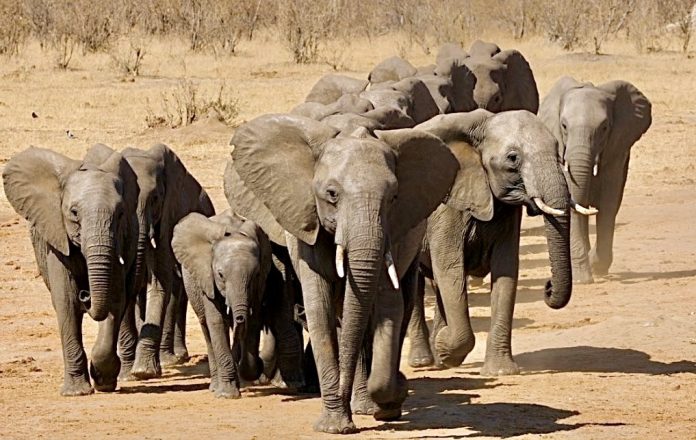
You can help all animals and our planet by choosing compassion on your plate and in your glass. #GoVeg
RELATED ARTICLES
Banning Cruelty: New Legislation Aims To Ban Octopus Farming In The U.S.
New bipartisan legislation has just been introduced in the U.S. to ban commercial octopus farming and prohibit imports of farmed octopus from foreign countries.
The...
Outrage In Yellowstone! Grizzly Bear Killed By Wildlife Officials & Left With Head & Paws Cut Off
Photo by: Trisha McFarland / Cowboy State Daily
A photo of a dead grizzly bear with its head and paws cut off has caused an...
Inside Florida’s Illegal Horse Meat Trade: Undercover Footage Shows Racehorse Being Shot & Butchered
A heart-wrenching discovery of illegal horse slaughter has emerged, with video footage exposing the tragic killing of a racehorse named 'Funny Biz,' who was...
Popular stories
Breaking News
$10,000 Reward Offered For Information On Bald Eagle Shot In Utah & Subsequently Euthanized
The Center for Biological Diversity announced a $10,000 reward last week for information leading to a conviction for the illegal shooting of a bald...
News
The McCartney Family, Joaquin Phoenix & Ela Gandhi Are Among Those Urging UN’s COP26 To Adopt The Plant Based Treaty To Avert A Climate...
Mary, Paul and Stella McCartney © 2021 MPL Communications Ltd / Photographer: Lily Bertrand-Webb
Paul McCartney and his daughters Mary and Stella McCartney, actors Joaquin Phoenix and Rooney Mara, and Mahatma Gandhi’s granddaughter, Ela...
News
Undercover Investigation Found 102 Minors Hired To Work At 13 Slaughterhouses In 8 States For Packers Sanitation Services Inc.
First Photo from the U.S. Department of Labor
Earlier this year, one of the nation’s largest food safety sanitation service providers, Packers Sanitation Services Inc. (PSSI),...


